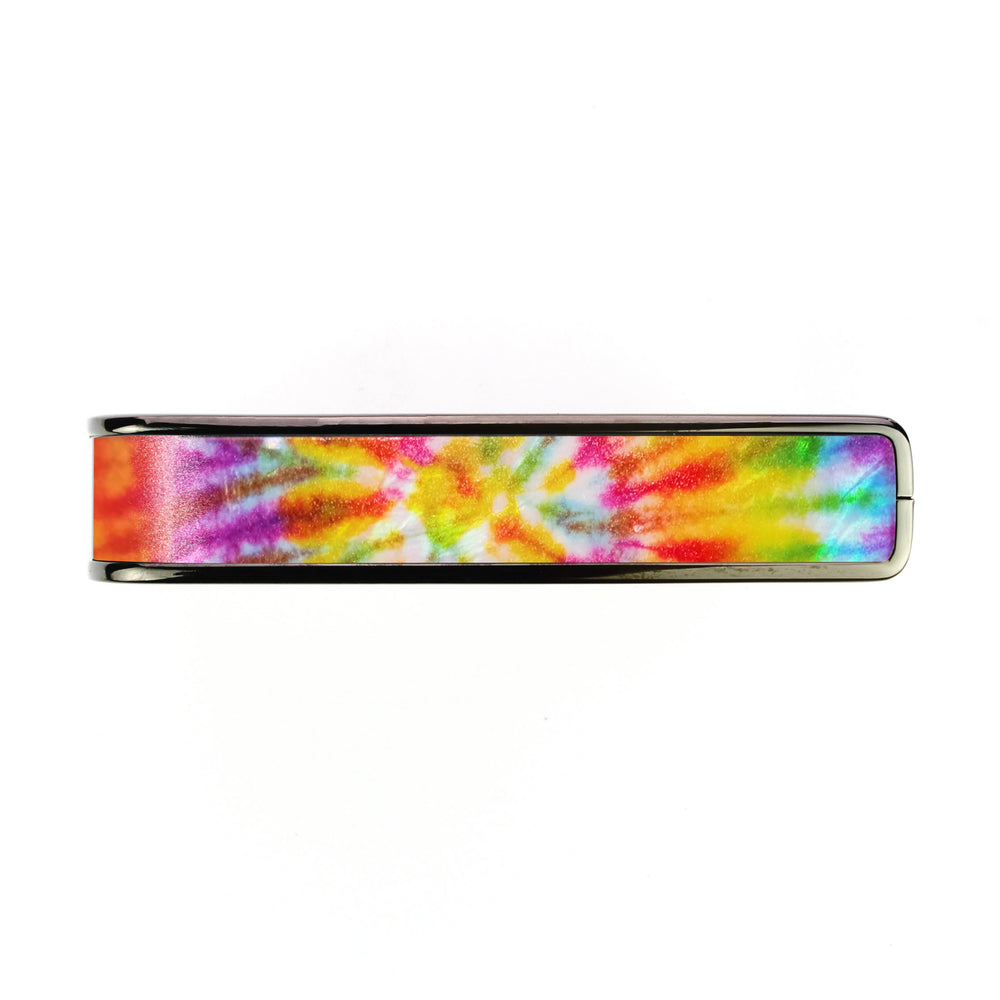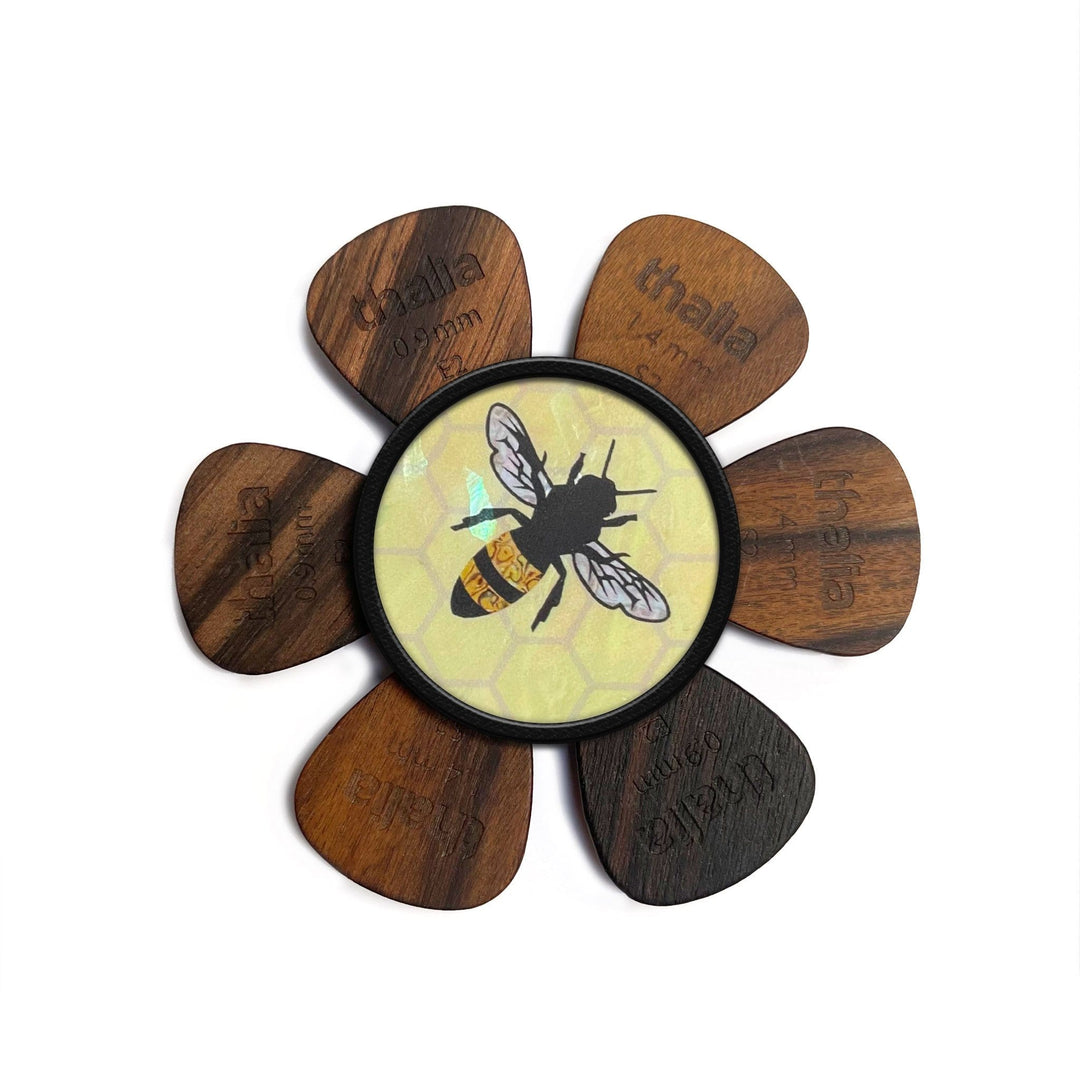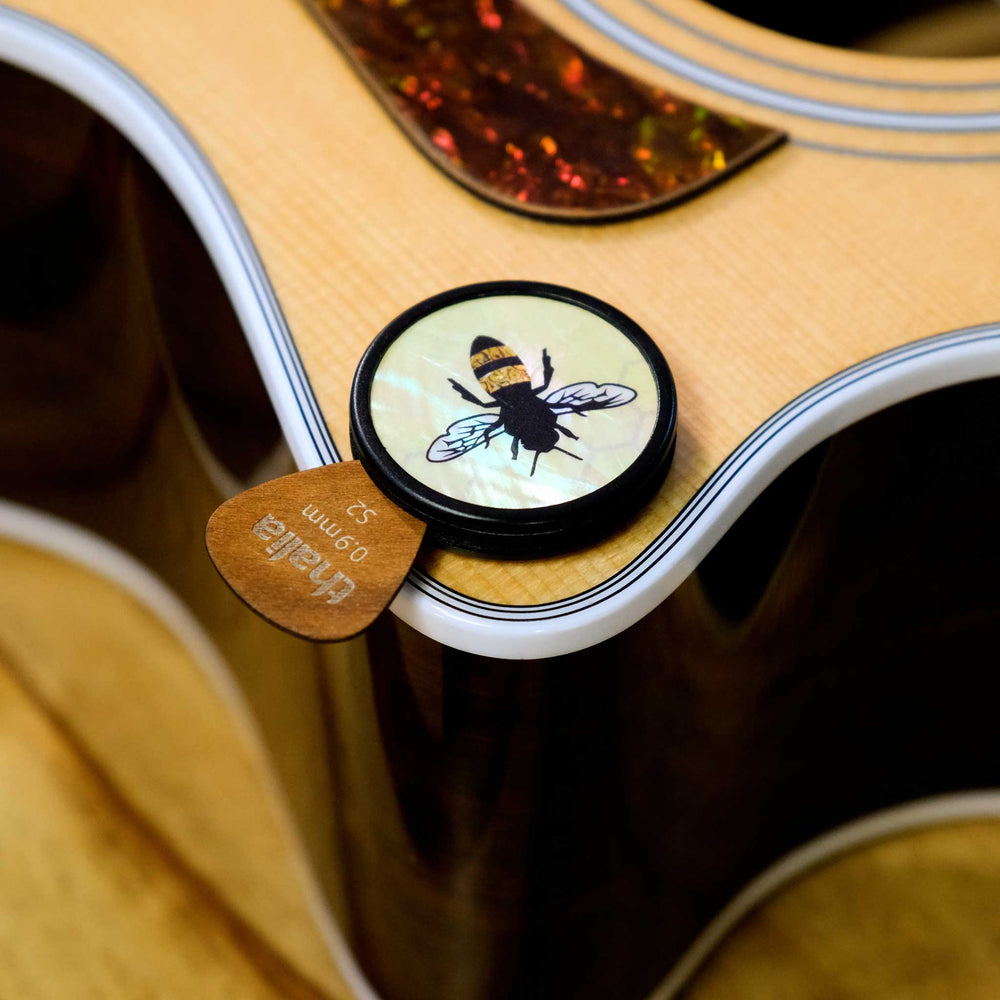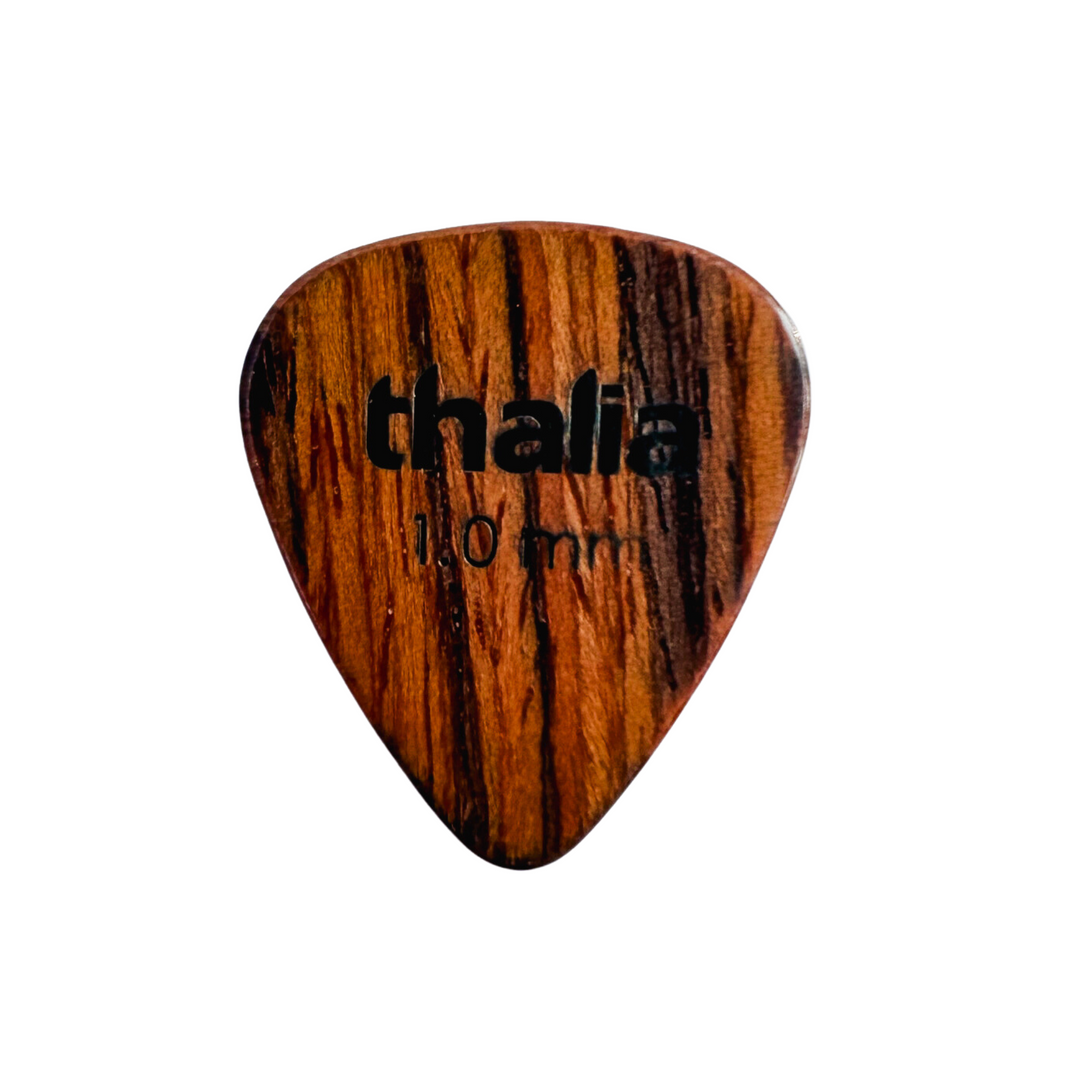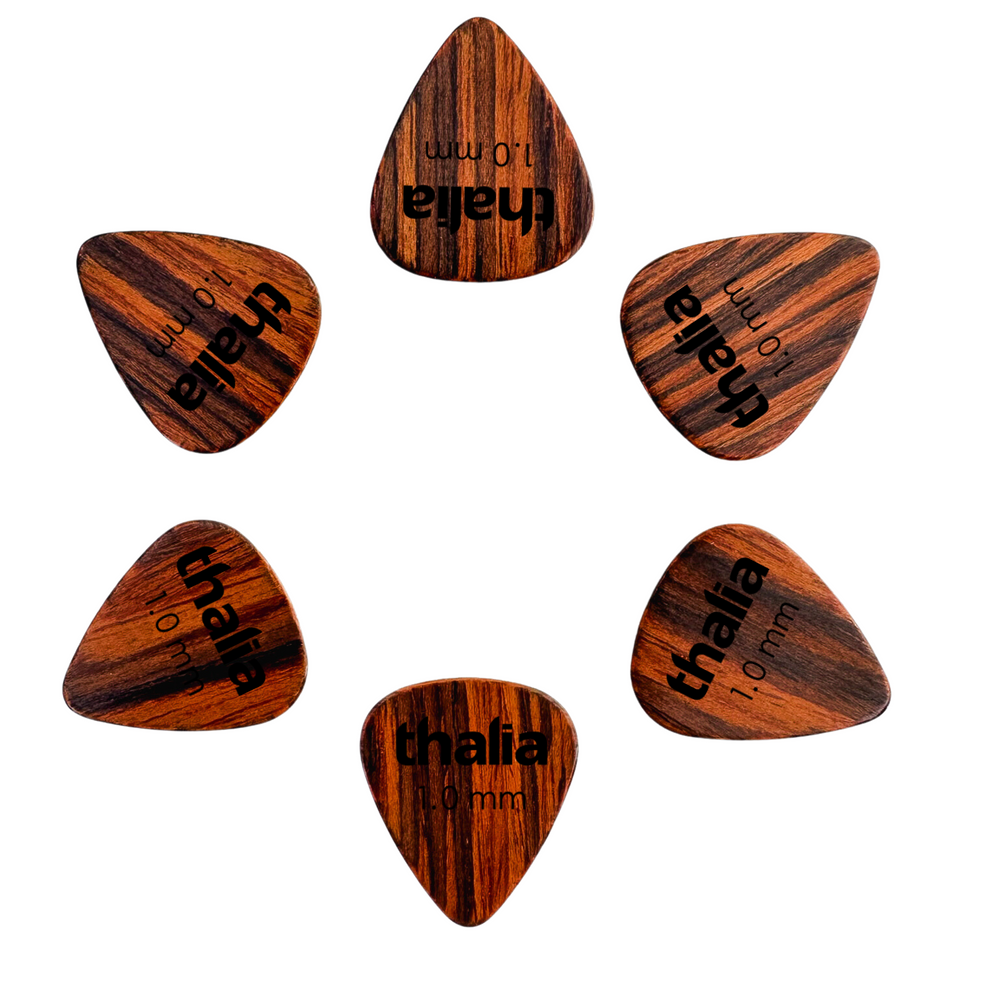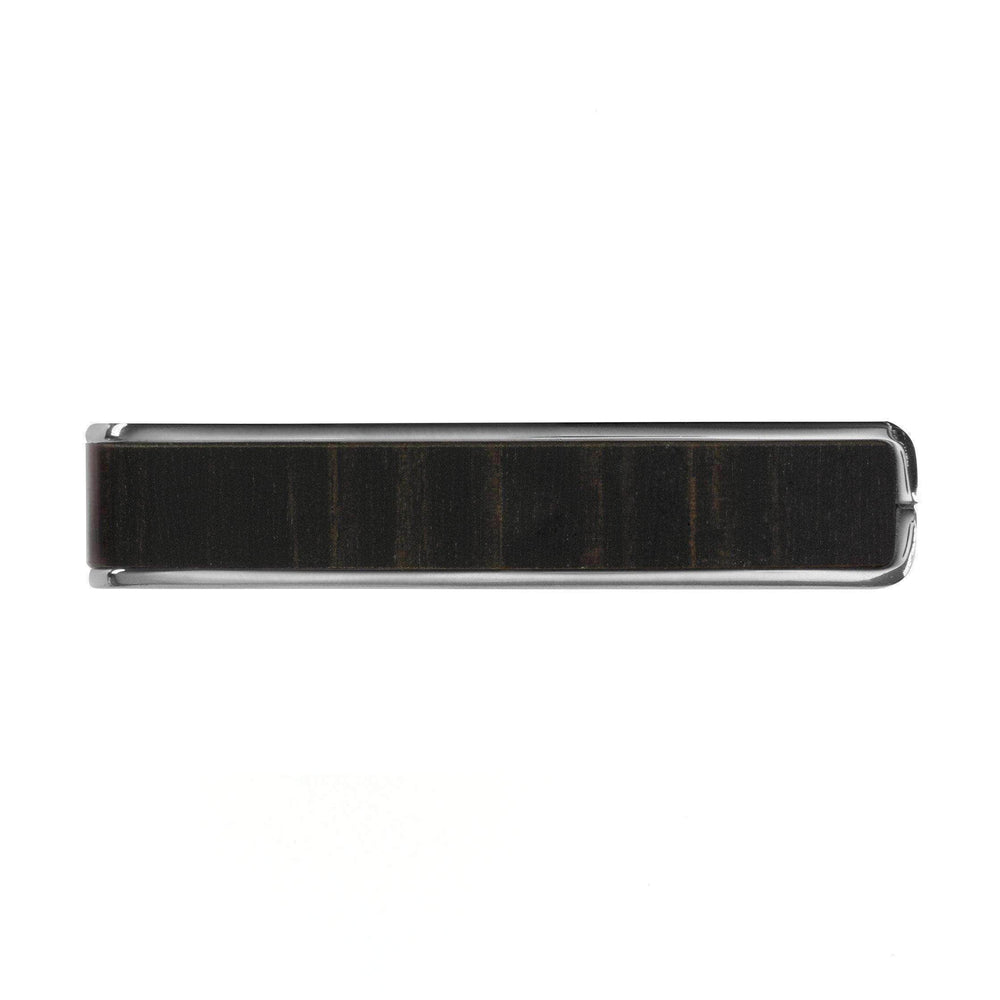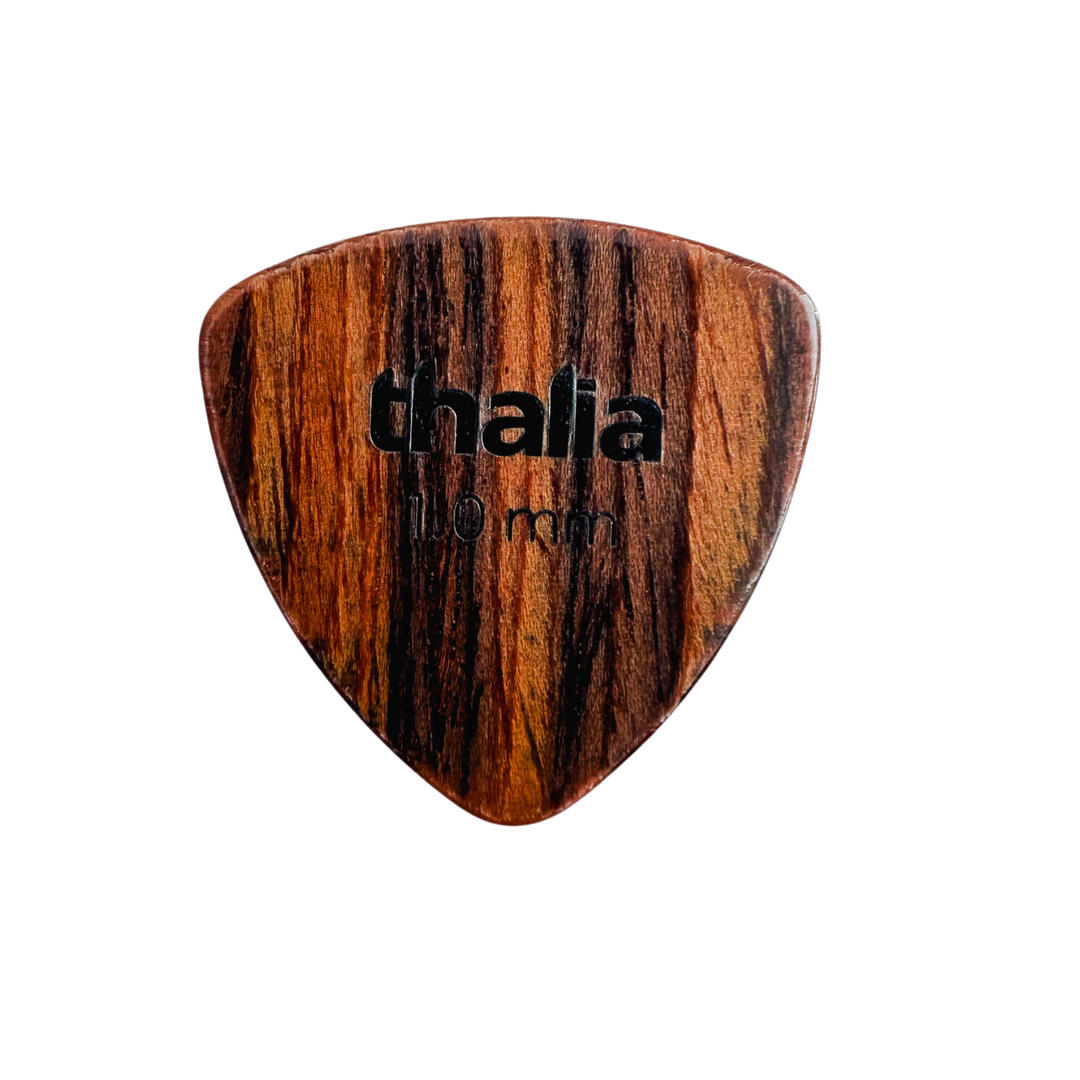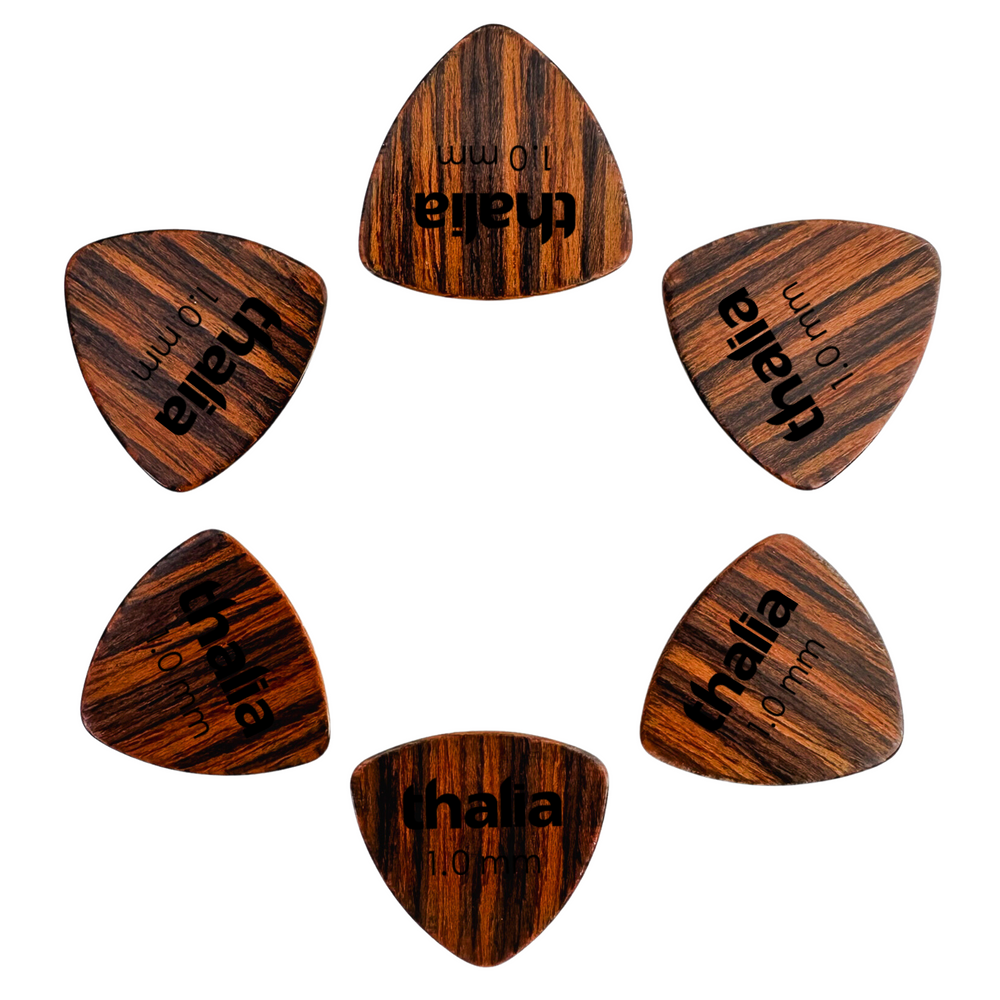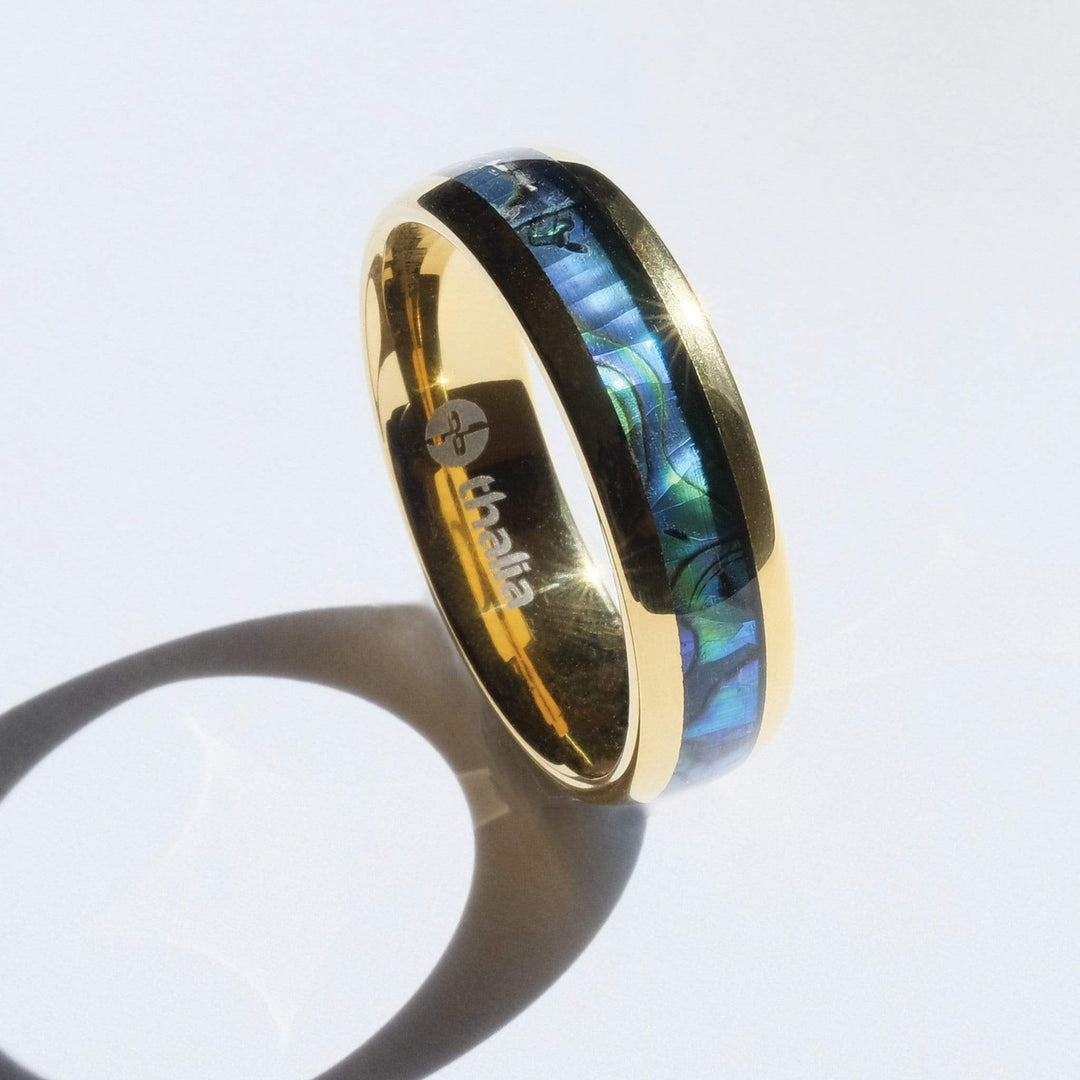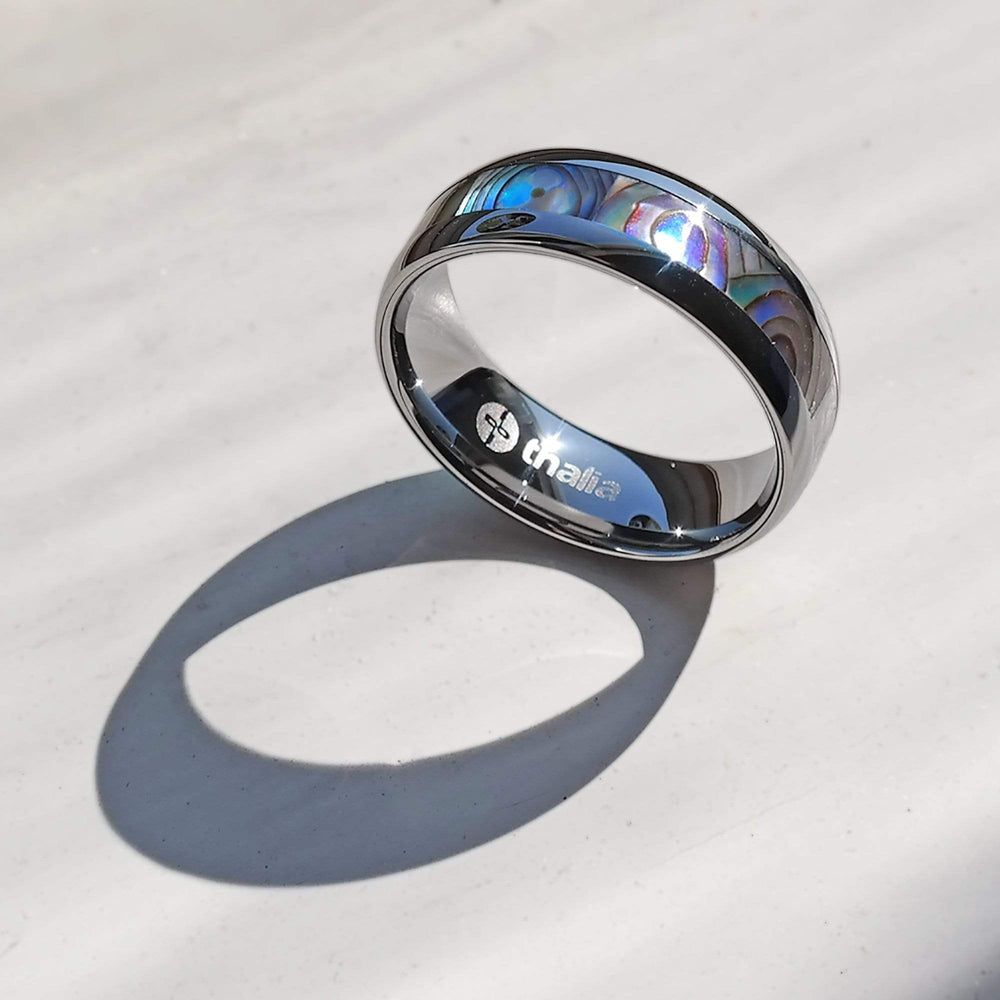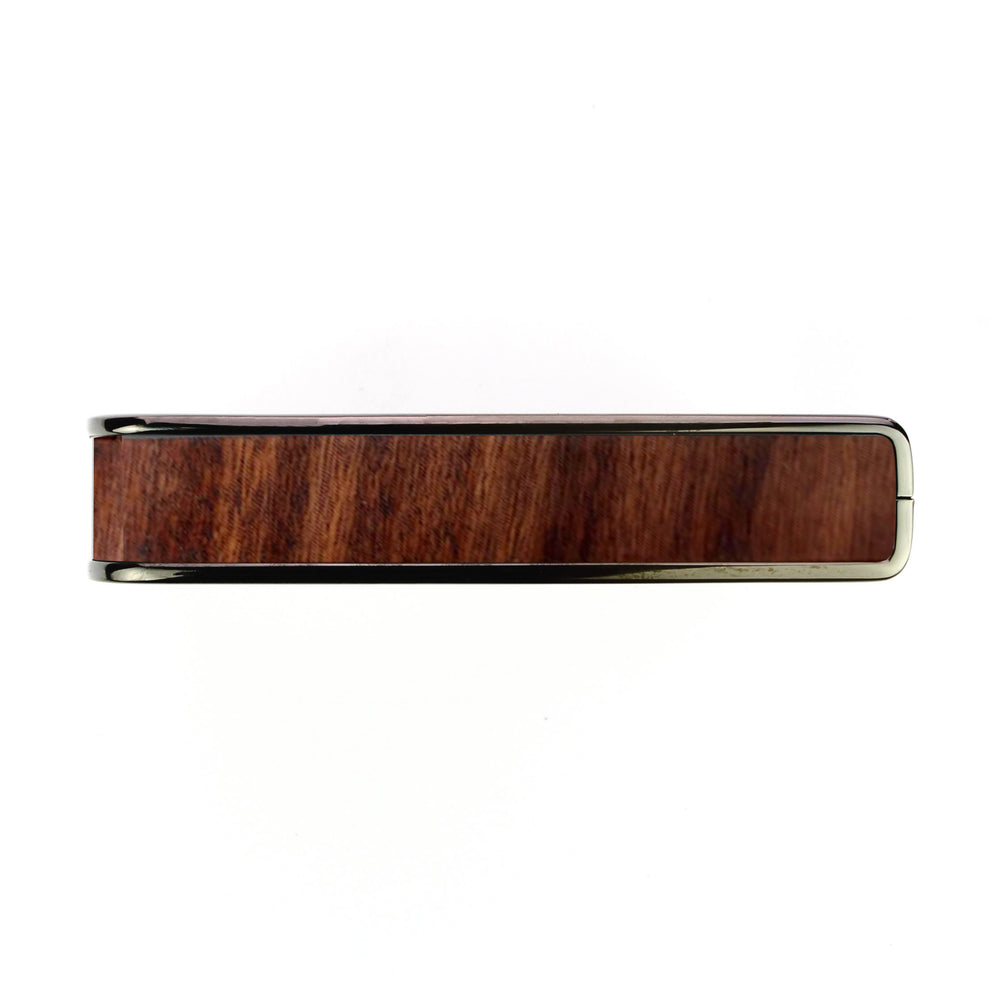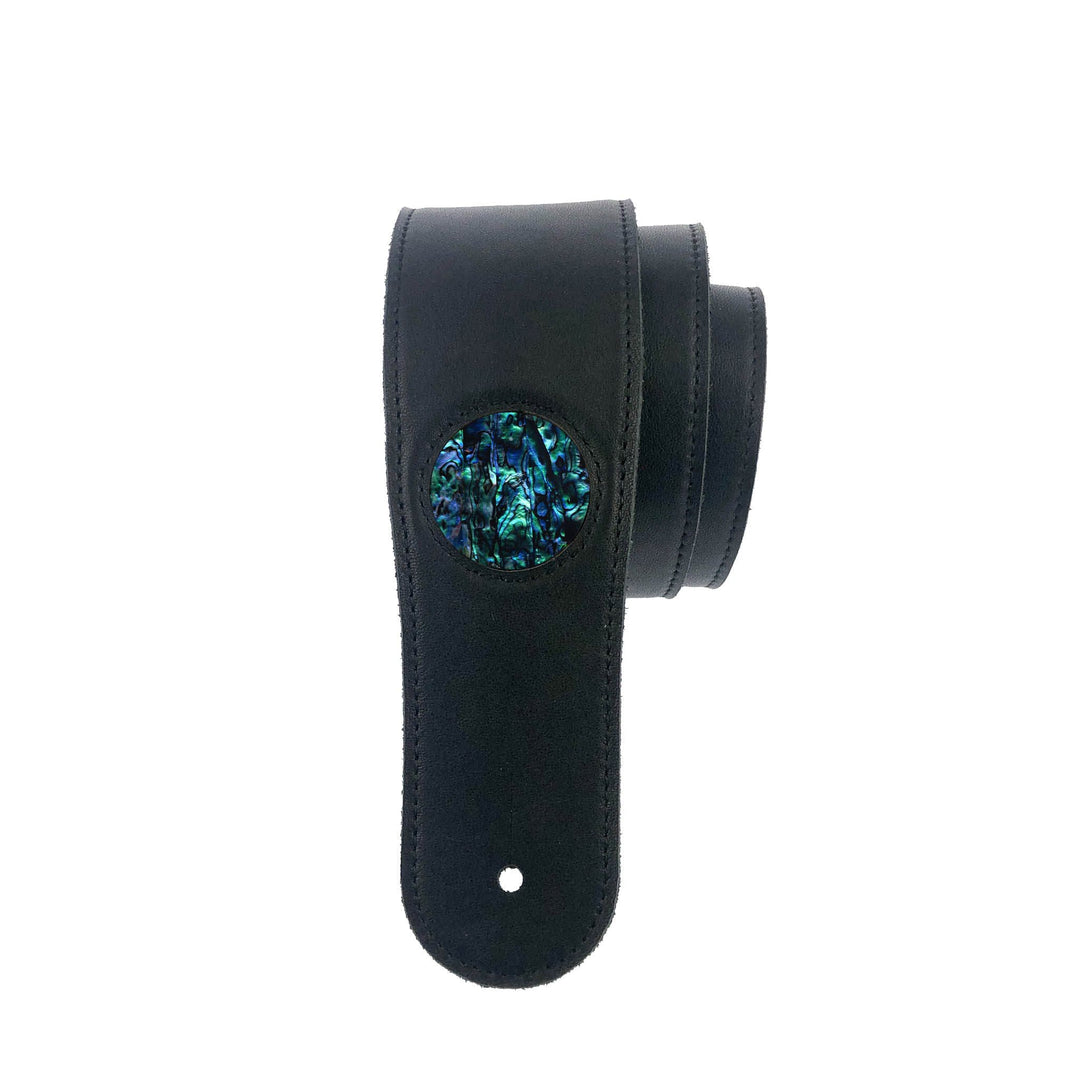The Kinks: How Dave Davies’ Slashed Amp Created Rock Distortion
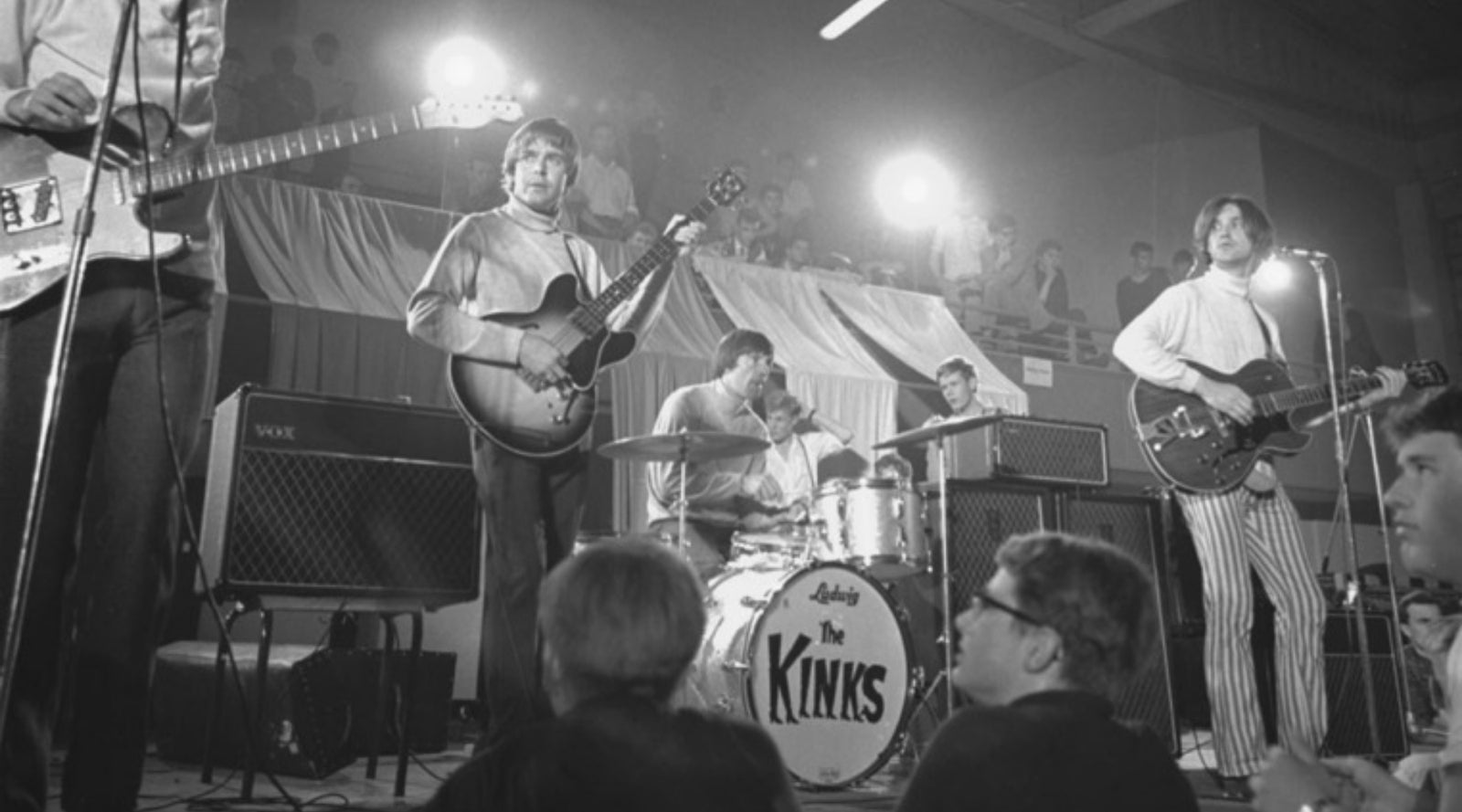
When it comes to breakout singles, they don’t get much better than “You Really Got Me.” The 1964 track didn’t just put the Kinks on the map; it changed the rock n’ roll landscape with its incendiary guitar tone.
“You Really Got Me” brought distorted guitar to the masses. It’s the genesis of all things hard and heavy in rock. And, as the legend goes, it was an act of aggression from Kinks guitarist Dave Davis that created the sound and started an amplifier revolution in the process.
Today we’re revisiting the recording of “You Really Got Me” and the process that led to that guitar sound.
When Ray Davies wrote “You Really Got Me” in March 1964, it was a very different song to the version the Kinks ended up recording. One of Ray’s first compositions, it was initially envisaged as “a tribute to all those great blues people [he] loved: Lead Belly and Big Bill Broonzy.” But, the laid-back jazz-blues number took on a different dimension when Dave Davies started playing a line intended for saxophone on his guitar.
Even with Davies’ driving guitar part in place, the song still hadn’t fully taken shape by the time the Kinks came to record it later that year. The first version, recorded in June 1964 was slower and less emphatic and, according to Dave Davies, covered in a reverb by producer Shel Talmy that all-but-buried the guitar.
Ray Davies petitioned for the song to be re-recorded and, later in the summer, the Kinks went back into the studio for a second pass. It was then that Dave Davies presented the band with a new guitar sound; one born of anger and frustration that transformed the record. As Dave himself told the Guardian in 2013 (https://www.theguardian.com/music/2013/jun/10/how-we-made-you-really-got-me):
“My childhood sweetheart Sue got pregnant and we wanted to get married. But our parents said we were too young and they split us up. I was a rebellious, angry kid anyway, but that had a profound effect on me. I was full of rage.

The sound of the slashed-up Elpico was the breakthrough that the song needed. Shel Talmy took it and ran with it, using his own studio expertise to further amplify Dave’s already thunderous sound:
“While working as a studio engineer in LA, I'd figured out various techniques to make stuff sound even more powerful. On “You Really Got Me,” I recorded the guitar on two channels, one distorting and the other not. The combination makes the sound seem louder. We'd even kick Dave's amp as we walked past, to make it sound rougher.”
Released in August 1964, “You Really Got Me” was the first Kinks single to top the UK charts. According to Ray Davies, the single was so in demand that Pye Records put all their other records on hold to solely produce copies.
Before too long, the record got into the hands of the likes of Pete Townshend and Jimi Hendrix, the latter of whom described the track as “landmark.” The rest, as they say, is history.
What’s your favorite Kinks moment? And what tricks do you use to get your guitar sound? Share your stories in the comments.







